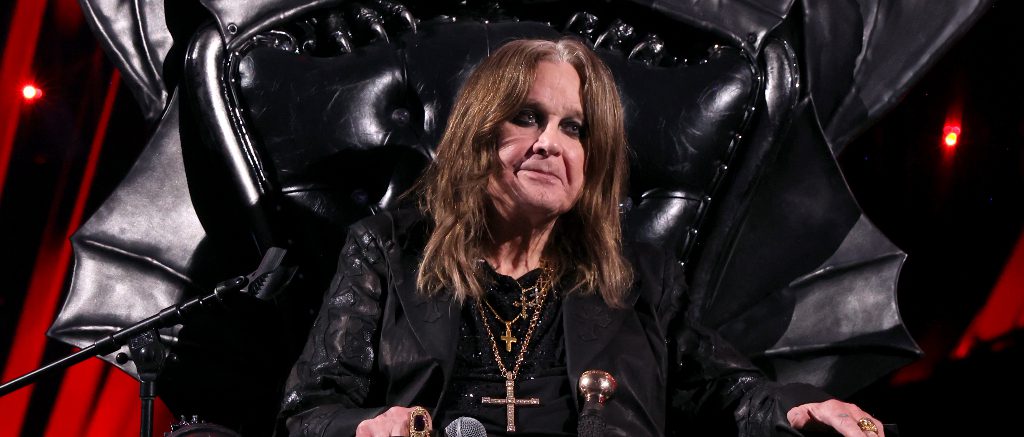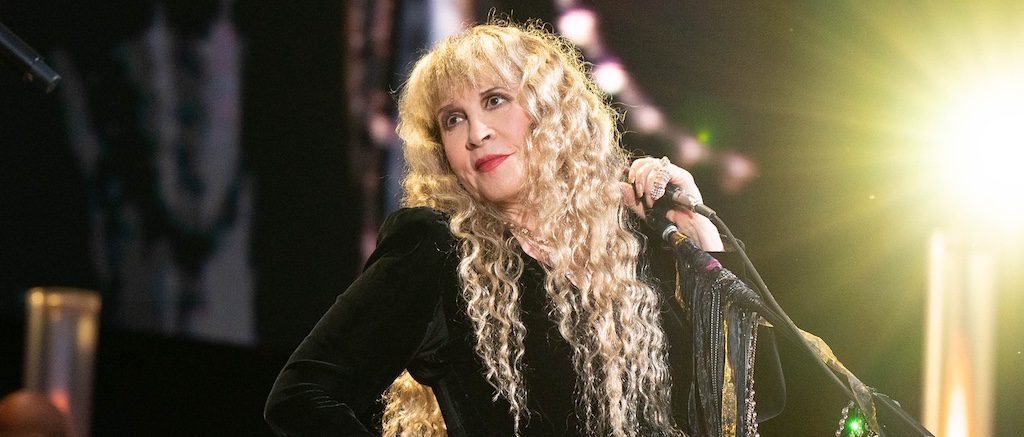
Stephen Colbert: The Satirical Sage of Political Commentary
In the landscape of late-night television and political satire, few names resonate as powerfully as Stephen Colbert. From his early days on “The Daily Show” to hosting “The Colbert Report” and ultimately taking over “The Late Show,” Colbert has carved out a unique niche in American entertainment. With biting wit, an astute political acumen, and a flair for the theatrical, Stephen Colbert has captivated audiences and influenced public discourse for decades. This article delves into the life and career of Stephen Colbert, examining his rise to fame, his distinct comedic style, and his enduring impact on both television and politics.
Early Life and Career Beginnings
Stephen Tyrone Colbert was born on May 13, 1964, in Washington, D.C., and raised in Charleston, South Carolina. Growing up as the youngest of eleven children in a devout Catholic family, Colbert’s upbringing played a significant role in shaping his worldview and comedic sensibilities. Tragedy struck the Colbert family in 1974 when Stephen’s father and two brothers died in a plane crash. This profound loss had a lasting impact on him, influencing his perspective on life and humor.
Colbert attended Northwestern University, where he studied performance art and developed a passion for improvisational comedy. He joined the renowned Second City comedy troupe in Chicago, which served as a springboard for his career. It was at Second City where Colbert honed his skills in satire and parody, laying the foundation for his future success in television.
Rise to Prominence on “The Daily Show”
Stephen Colbert’s big break came in 1997 when he joined the cast of “The Daily Show” on Comedy Central. Under the stewardship of Jon Stewart, “The Daily Show” became a cultural phenomenon, blending news and comedy to provide sharp, satirical commentary on current events. Colbert quickly became one of the show’s standout performers, known for his deadpan delivery and incisive wit.
During his tenure on “The Daily Show,” Colbert created memorable segments such as “This Week in God,” where he humorously dissected religious news, and “Even Stephven,” where he engaged in mock debates with fellow correspondent Steve Carell. These segments showcased Colbert’s ability to blend humor with substantive critique, making him a beloved figure among viewers.
The Birth of “The Colbert Report”
In 2005, Stephen Colbert embarked on a new venture with “The Colbert Report,” a spin-off of “The Daily Show.” On this show, Colbert adopted the persona of a conservative pundit, satirizing the bombastic style of cable news hosts like Bill O’Reilly. The character, also named Stephen Colbert, was a hyperbolic version of right-wing commentators, delivering absurdly exaggerated opinions with unwavering confidence.
“The Colbert Report” was an instant hit, earning critical acclaim and a dedicated fanbase. Colbert’s character became a cultural touchpoint, and phrases like “truthiness” – the belief in concepts that feel true, regardless of evidence – entered the popular lexicon. Through his satirical alter ego, Colbert dissected political rhetoric, media bias, and societal issues, all while maintaining a façade of earnestness that amplified the humor.
One of the most memorable moments from “The Colbert Report” came in 2006 when Colbert was invited to perform at the White House Correspondents’ Association Dinner. Standing just a few feet away from President George W. Bush, Colbert delivered a blistering roast of both the president and the media, leaving the audience in stunned silence and solidifying his reputation as a fearless satirist.
Transition to “The Late Show”
After nearly a decade of success with “The Colbert Report,” Stephen Colbert faced a new challenge in 2015: succeeding David Letterman as the host of “The Late Show” on CBS. This transition marked a significant shift in Colbert’s career, requiring him to move away from his conservative pundit persona and embrace his true self as a late-night host.
Initially, some viewers were uncertain if Colbert could replicate the success of his previous show without his iconic character. However, Colbert quickly proved that his talent and charisma were not confined to a single persona. As the host of “The Late Show,” he brought a fresh energy and a distinctive voice to the traditional late-night format. His monologues often featured sharp political commentary, reflecting the increasingly polarized climate of American politics.
Colbert’s interviews with politicians, celebrities, and cultural figures demonstrated his versatility and depth as a conversationalist. He struck a balance between humor and sincerity, creating moments that were both entertaining and thought-provoking. During the 2016 presidential election, “The Late Show” became a crucial platform for political discourse, with Colbert providing insightful analysis and cutting humor that resonated with a broad audience.
Enduring Impact and Legacy
Stephen Colbert’s influence extends beyond his on-screen performances. Through his work, he has redefined what it means to be a political satirist, blending entertainment and advocacy in a way that engages and educates viewers. His ability to navigate complex issues with humor and intelligence has inspired a new generation of comedians and commentators.
Moreover, Colbert’s commitment to philanthropy and activism reflects his dedication to making a positive impact offscreen. He has supported numerous charitable causes, including education, disaster relief, and veterans’ organizations. Colbert’s involvement in these initiatives underscores his belief in using his platform to drive social change.
As he continues to helm “The Late Show,” Stephen Colbert remains a vital voice in American media. His unique brand of comedy, characterized by its sharpness, empathy, and fearlessness, ensures that he will continue to be a prominent figure in the cultural landscape for years to come.
Conclusion
Stephen Colbert’s journey from improvisational comedian to influential political satirist is a testament to his talent, resilience, and adaptability. Through his work on “The Daily Show,” “The Colbert Report,” and “The Late Show,” Colbert has left an indelible mark on television and political commentary. His legacy is defined not only by his ability to make people laugh but also by his capacity to provoke thought and inspire change. As we look to the future, Stephen Colbert’s voice will undoubtedly remain a guiding force in the ever-evolving world of satire and media.











